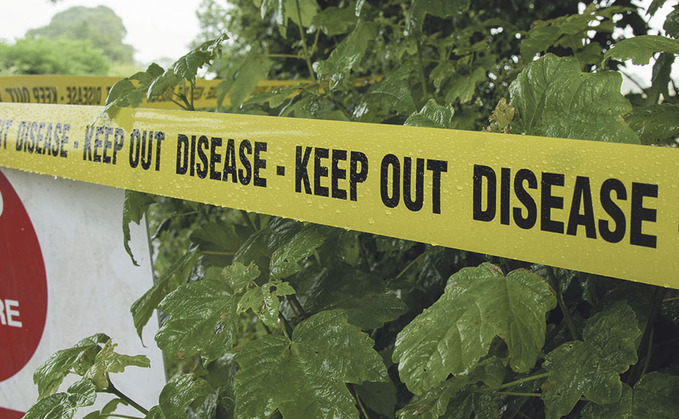
Poultry farmers living on the Scottish coast laid bare the emotional toil of living with the pressures of Avian Influenza (AI). Despite doing their best to protect their flocks from the disease,...

Poultry farmers living on the Scottish coast laid bare the emotional toil of living with the pressures of Avian Influenza (AI). Despite doing their best to protect their flocks from the disease,...

SEAFIELD PEDIGREE ABERDEEN ANGUS BULLS

Barbern Pedigree Polled Hereford Bulls

Choice of 9 x 2 Year Old Pedigree Charolais
Livestock farmers in England are being encouraged to sign up for free vet visits through the TB Advisory Service (TBAS) before the service’s funding ends
Vaccination finance calculators – one for sheep and one for beef cattle – have been developed by the ADHB to help vets and farmers assess the potential economic risk or return for a farm considering vaccinating flocks and herds against bluetongue serotype 3 (BTV-3) this year
Yeo Valley said it was working in partnership with ABP Food Group to bring Yeo Valley Organic free-range and grass-fed beef burgers to the market